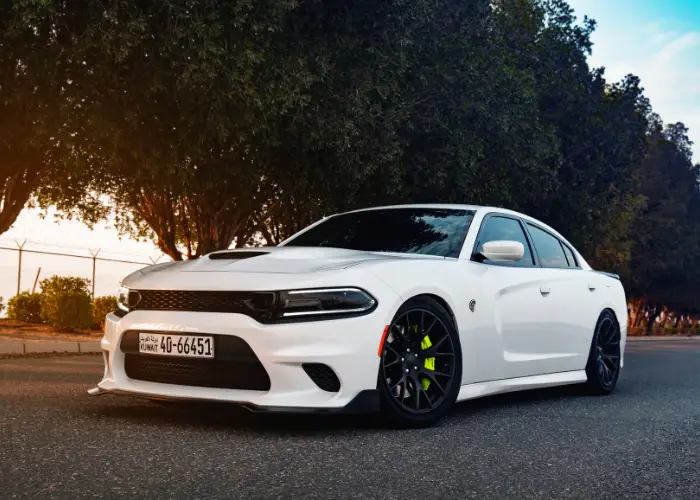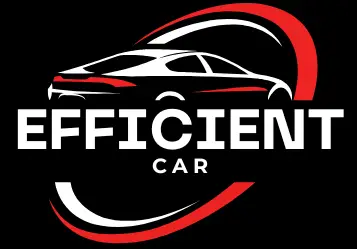Understanding Vehicle Options
Today's market offers an unprecedented variety of efficient vehicles. Sedans like the Honda Civic and Hyundai Elantra provide excellent gas mileage for daily commutes, while hybrid options like the Toyota Camry Hybrid balance performance with fuel consumption. For those seeking more cargo space, SUVs like the Kia Niro offer practicality without compromising on efficiency.
Technology Driving Change
Modern efficient cars leverage advanced tech to maximize performance. CVT transmissions, aerodynamic styling, and innovative engine designs contribute to impressive MPGe ratings. The cabin experience hasn't been sacrificed either – manufacturers prioritize interior comfort, providing features that enhance both the driver and passenger experience.
Read More

